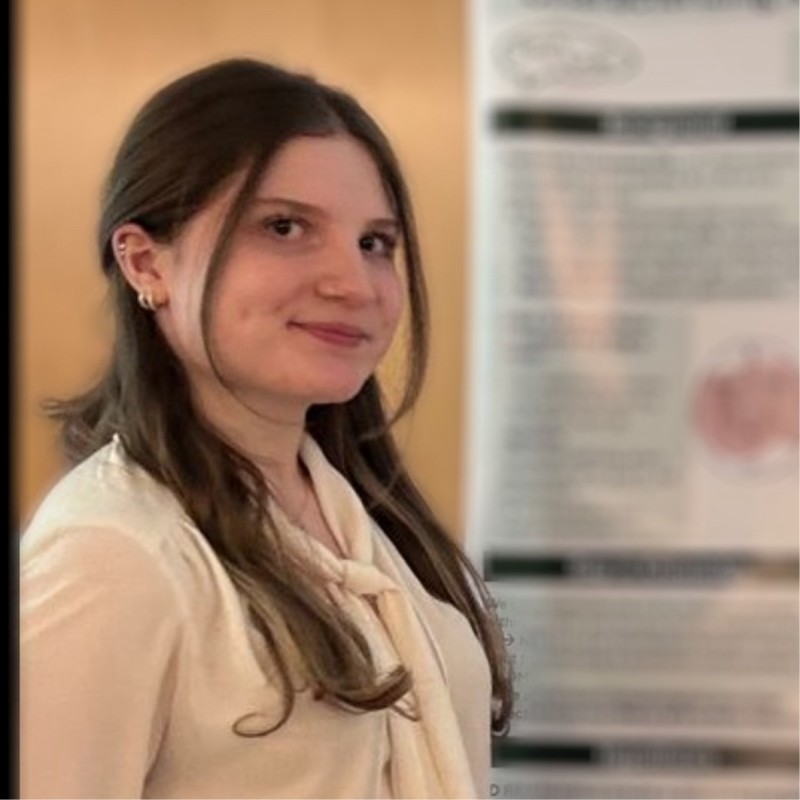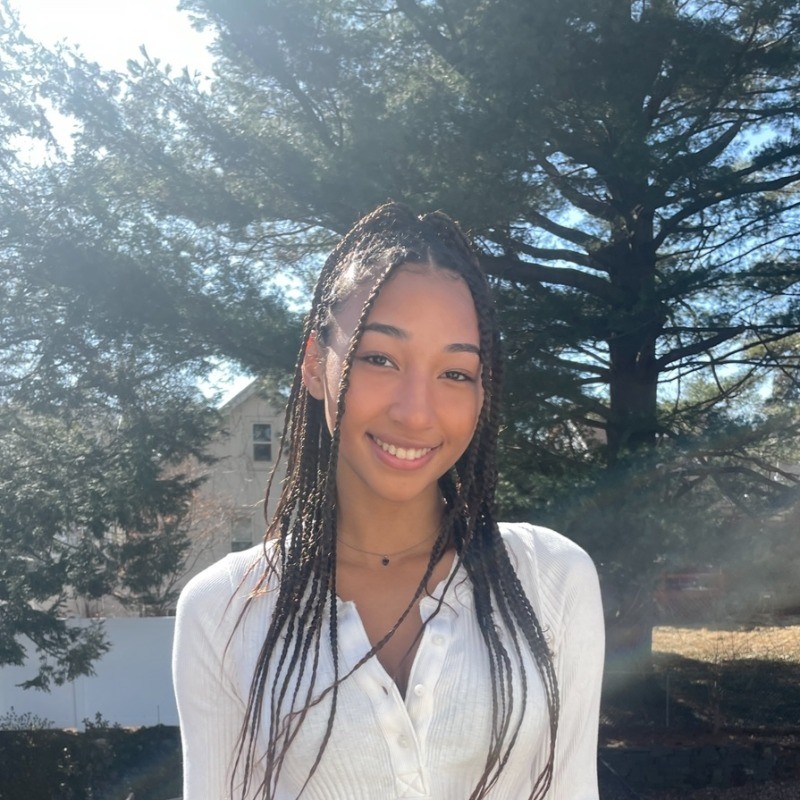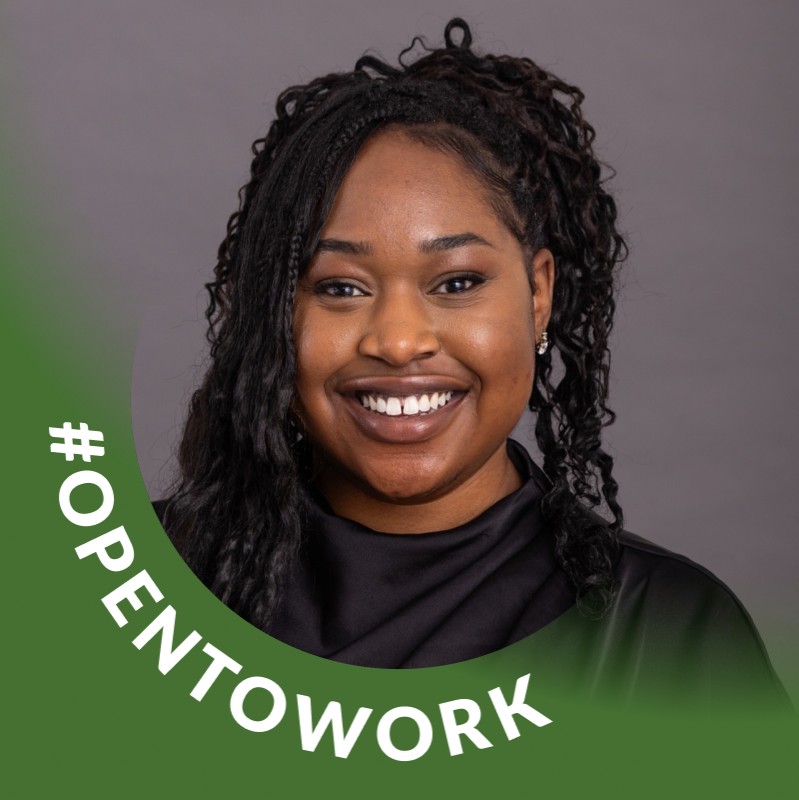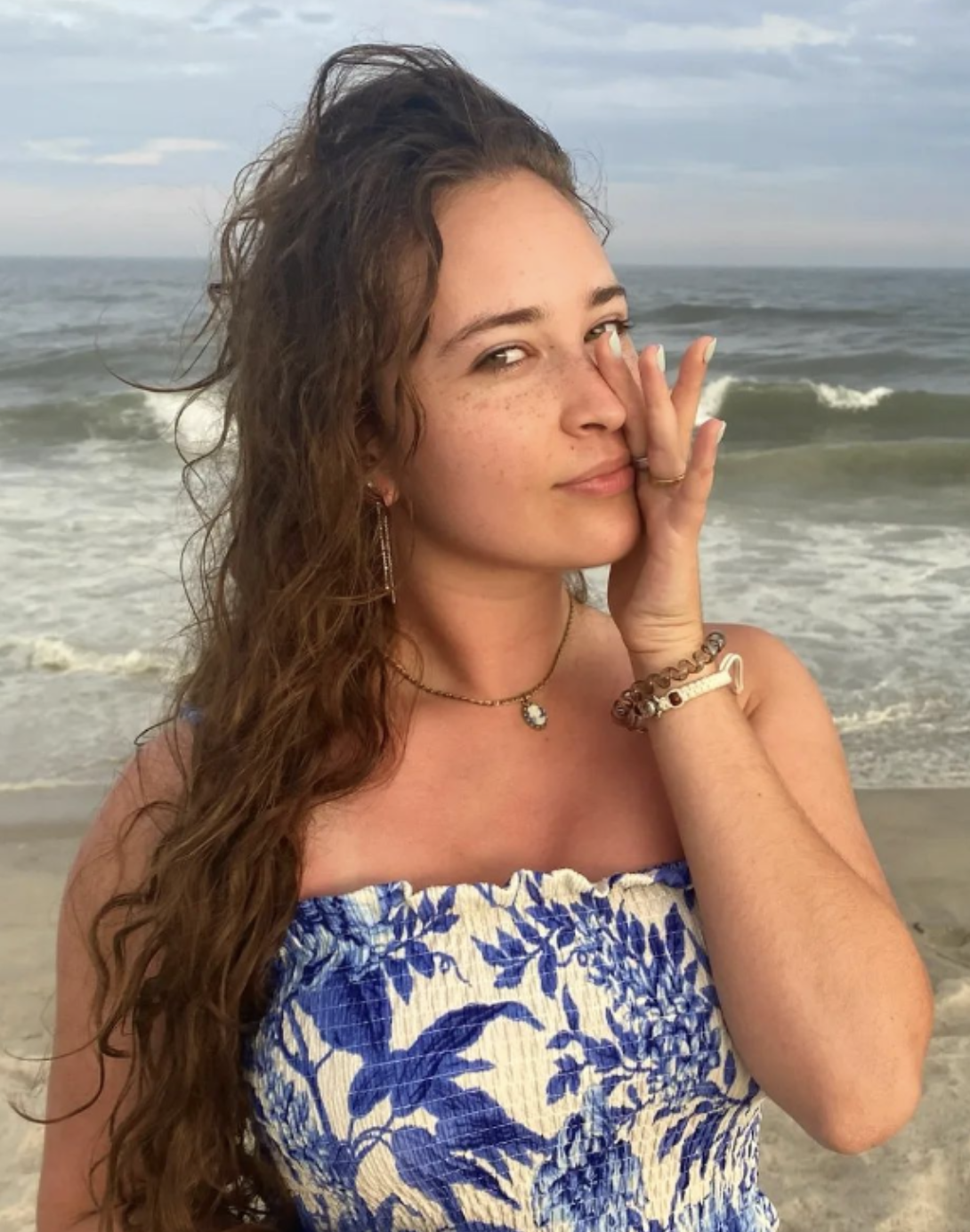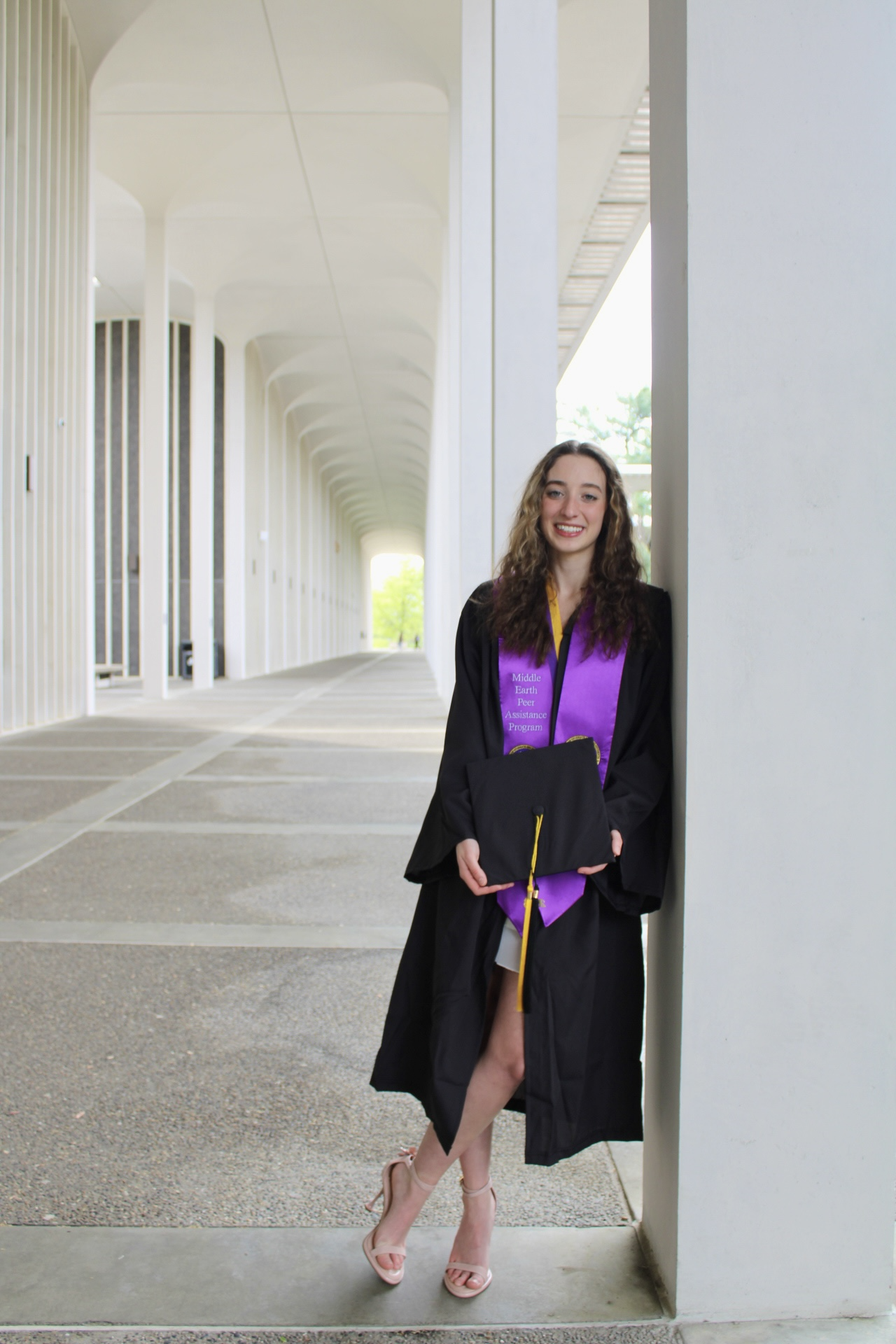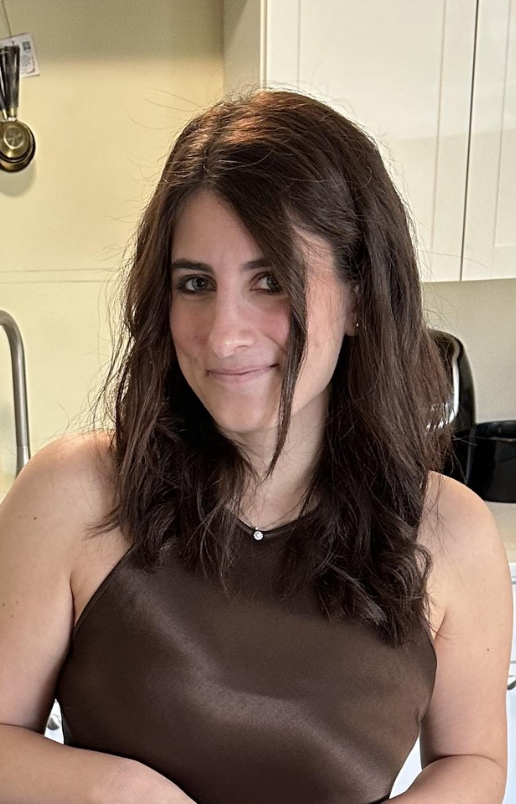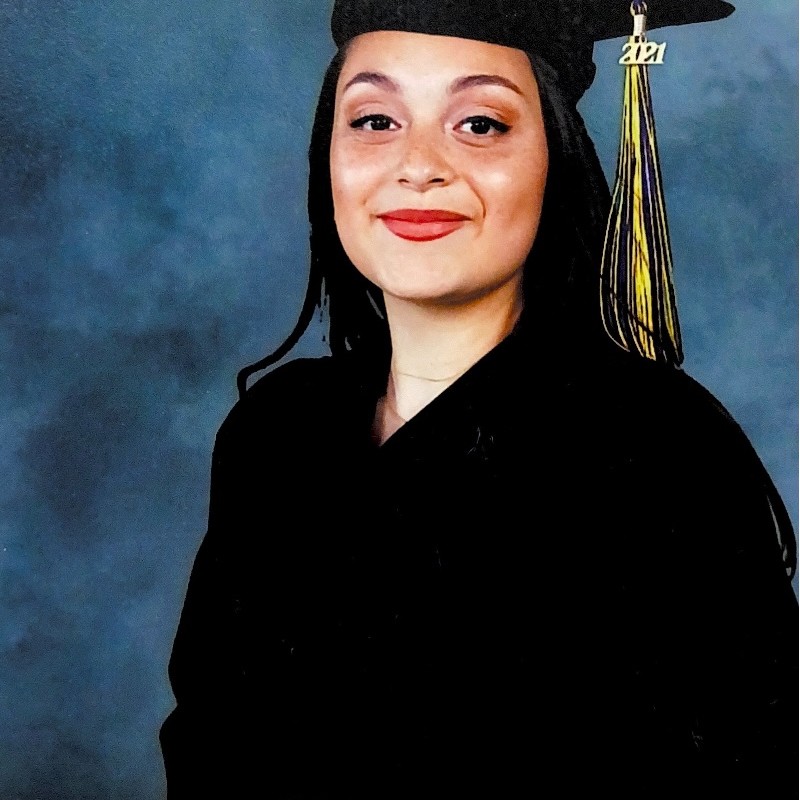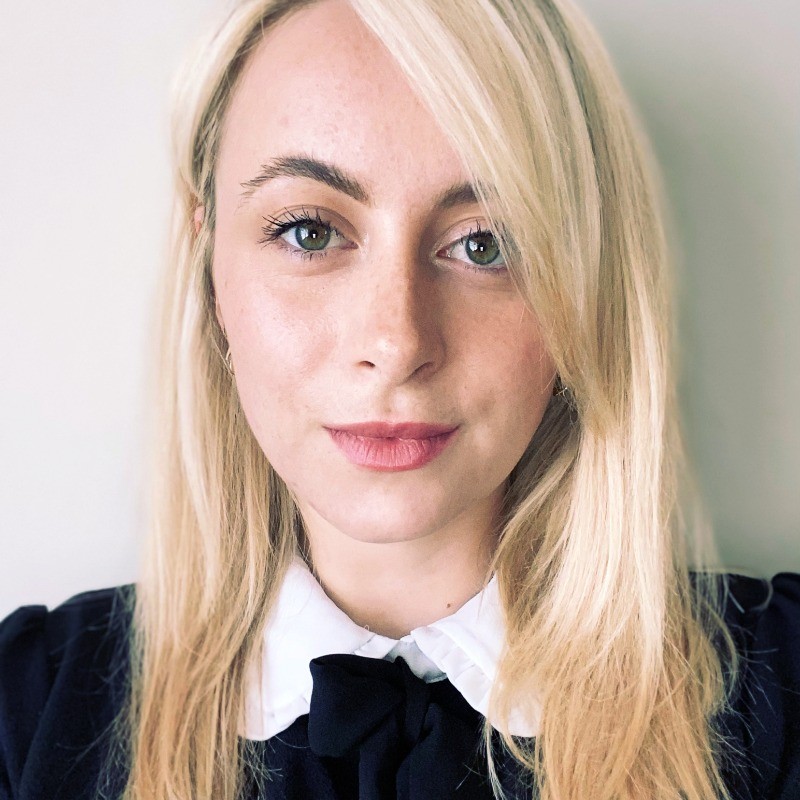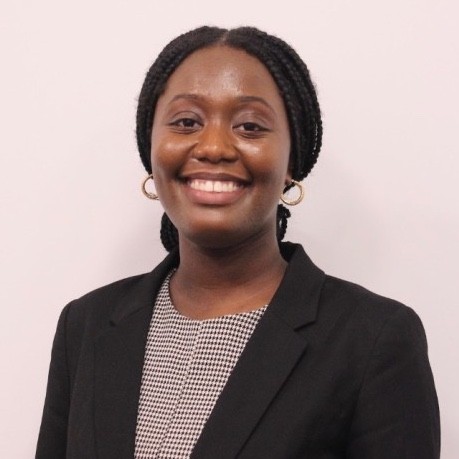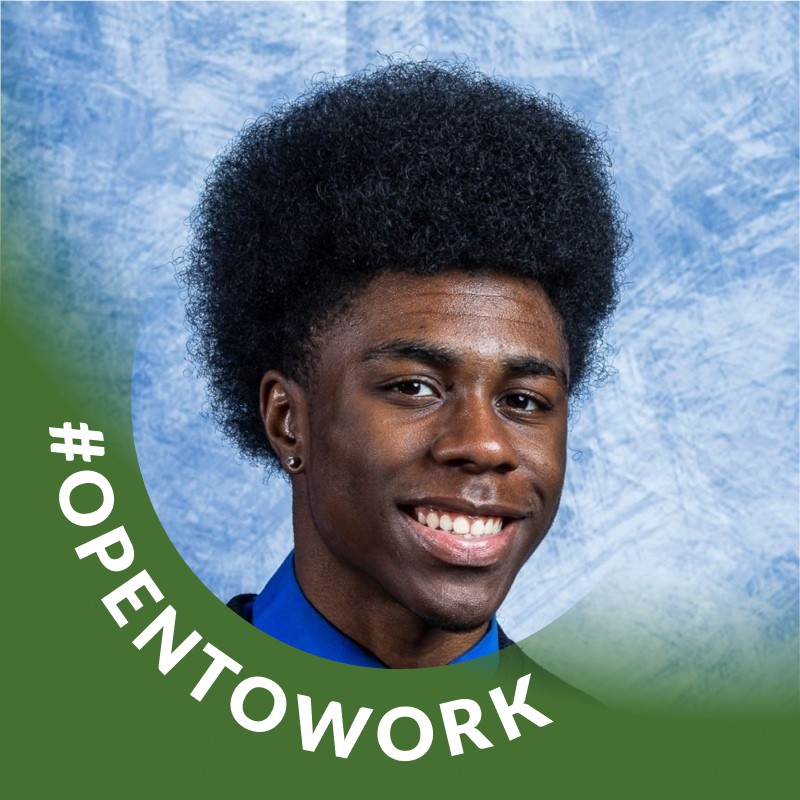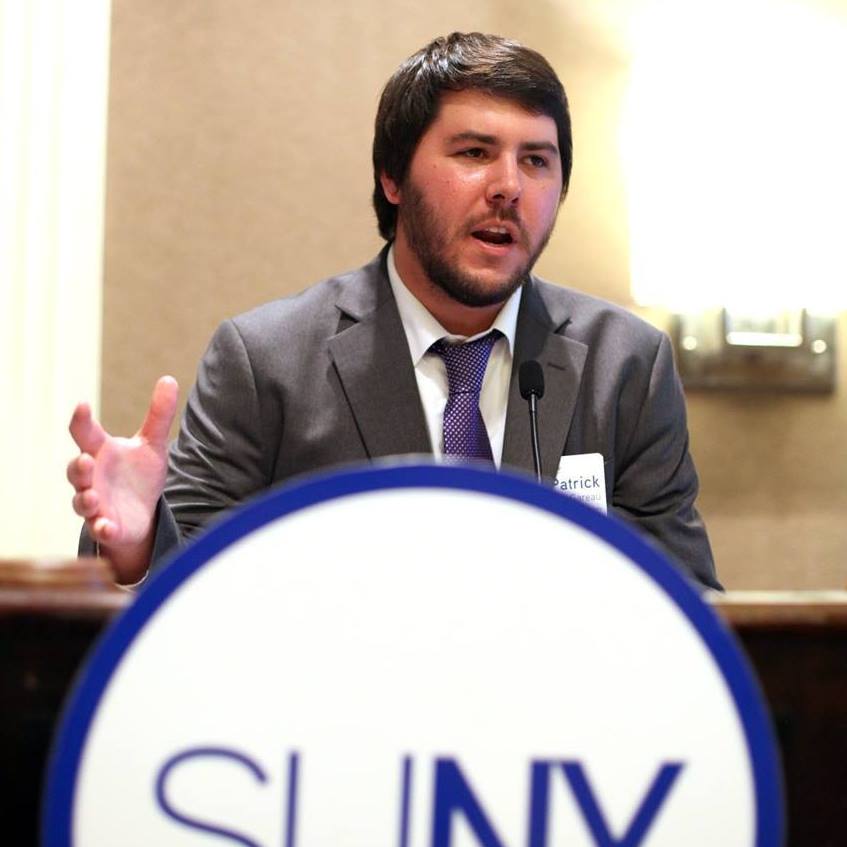Active Research Projects
Explore our ongoing research initiatives and collaborative projects that are pushing the boundaries of neuroscience and educational research.
Nothing gets planned or decided without cognition - the symbolic representation of the neocortex, our crowning neuro-evolutionary accomplishment as a species. But we also know that direct experiences, like internships, undergraduate research, study abroad, community service, provide a powerful emotional or gut-level complement to a college student’s cognitive planning. That cognitive-emotional integration is represented in the cortex as a "value network" of brain areas. Recently, we have posted servaral long blogs on how the cortex manages this symbolic representation and where in the frontal cortex that limbic re-representation might occur to support the value network. Now is the time to focus on what happens in individual neocortical areas without losing sight of the brain networks that connect them.
We are not clinical psychologists, but if one is interested in cognitive-emotional integration (and we are) it is necessary to look at this phenomenon in clinical situations. That is what this group does. In a recent series of blogs, we wrote about "clinical insight" where executive (cortical) function was able to override anxiety such as in a case of PTSD, perhaps through a connecting brain pathway. Now, we are working on other illustrative syndromes where we feel we can see this cognitive-emotional integration happening in the brain and continue to look for insights in to non-clinical situations like college students deciding between majors/career paths.
How can teaching in introductory psychology be conducted in a way that promotes active student learning and engagement? We use a concept-based teaching approach with open-book essay tests. In a Tuesday/Thursday hybrid teaching format, concepts are first introduced by each week by a short video and a brief on-line quiz on Monday before the Tuesday in-person lecture/discussion where detailed facts and theories are presented. Then, on Thursday we use a Zoom meeting format that starts with a brief review and then features discussion in Zoom groups with report-out to the whole class. The idea is to practice there some active discussion and active learning. Like others, we have been impacted by Artificial Intelligence (AI). So we are experimenting with having the Monday quizzes be answered in oral conversation with an Ai-driven avatars (in collaboration with InStage Inc. (with whom we have written papers). We are also encouraging Zoom groups on Thursday to use ChatGpt to develop their answers to questions that are then evaluated by those Zoon groups in their class discussion. Finally, we feature short in-class videos of mindfulness and growth mindset. The overall goal is to emulate the engagement of experiential education based on the neuroscience of cognitive-emotional integration.
Relevant direct experiences, like internships, can compliment a student's a major, and can contribute to the development of maturity, insight, and even the beginning of professional wisdom in that student. To get a better handle on what college students think is wisdom, we did a survey that is in a blog. Brandy and Jim, with help from Rachel and Vanessa are writing a book that we hope to submit to a publisher in the Fall of 2024. Then this group might change or collapse into other groups. Books are the ultimate output of many blogs and that was what happened in the two books listed on our main lab web page.
Sympathetic Intelligence is a group that is working with an emerging Center for Sympathetic Intelligence (see our affiliation lab web page). That center focuses on interactions between people, the establishment of connection, and the development of collective caring. In this context diversity, social media, the structure of organizations are studied with regard to cognition. An emerging area is trauma and resiliance led by some members here and several blog writers outside the lab (yes there are many)
The lab not only produces blogs as a general way to develop ideas for later larger works (e.g. chapters and books), but it produces podcasts with thought-leaders in the field of cooperative education or work-integrated education and entities and agencies that promote this work. This work complements the blogs and is featured on our home page and under the ExperienED tab on the lab web page. Adrienne is the longest continuous member of the lab having written our first student blog in 2009, helped edit Stellars 2017 book. She works with Mary Churchill on the podcast who is now interm Dean of the Wheelock College of Education.

